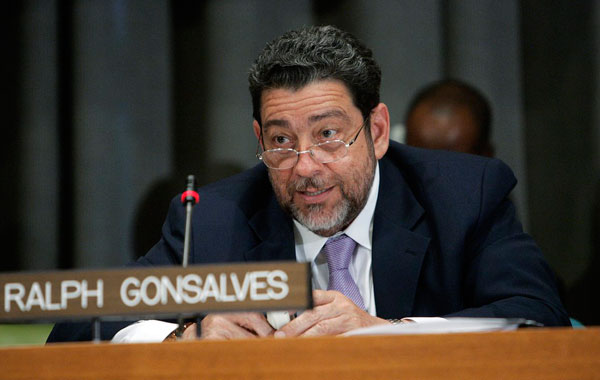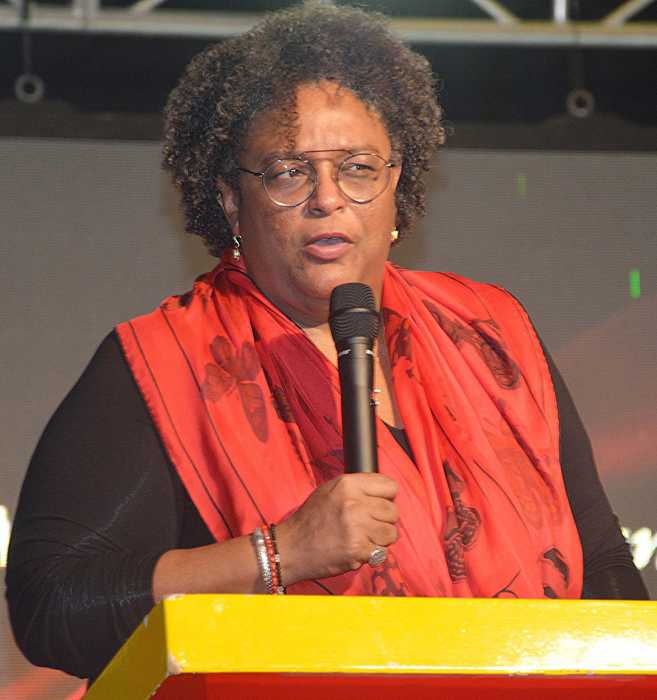The United States Department of State has listed 20 Caribbean and Latin American countries as “major money laundering” territories.
The countries were identified in the 2016 International Narcotics Control Strategy Report (INCRS) by the U.S. State Department last week.
A major money laundering country was defined by statute as one “whose financial institutions engage in currency transactions involving significant amounts of proceeds from international narcotics trafficking.”
The top 20 countries on the list were: Antigua and Barbuda, Argentina, The Bahamas, Belize, Bolivia, Brazil, British Virgin Islands, Cayman Islands, Colombia, Coast Rica, Curacao, Dominica Republic, Guatemala, Haiti, Mexico, Paraguay, Panama, St. Maarten, Uruguay and Venezuela.
According to the U.S. State Department, “Every year, U.S. officials from agencies with anti-money laundering responsibilities meet to assess the money laundering situations in 200 jurisdictions.”
The review includes an assessment of the significance of financial transactions in the country’s financial institutions involving proceeds of serious crime, steps taken or not to address financial crime and money laundering, each jurisdiction’s vulnerability to money laundering, the conformance of its laws and policies to international standards.


























